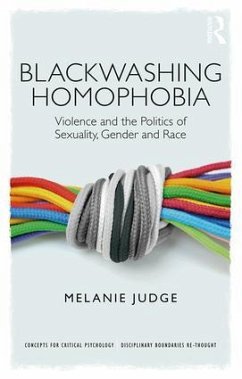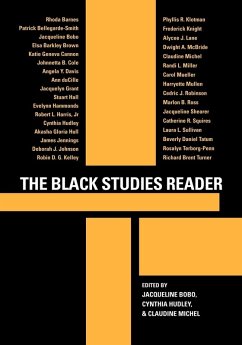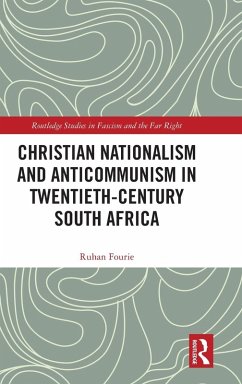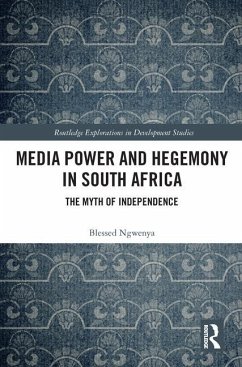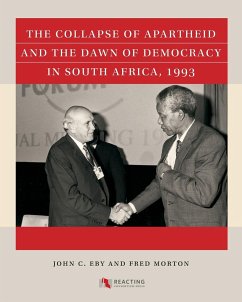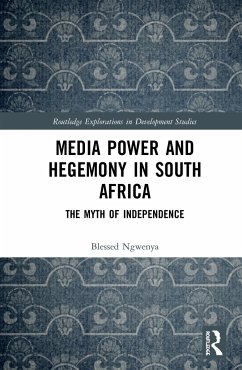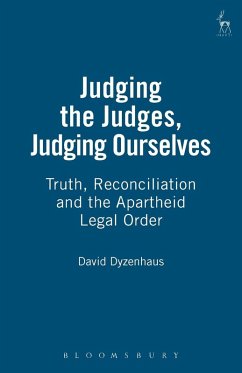
The Cultural Politics of Female Sexuality in South Africa
Versandkostenfrei!
Versandfertig in 6-10 Tagen
51,99 €
inkl. MwSt.
Weitere Ausgaben:

PAYBACK Punkte
26 °P sammeln!
Sexual identity has emerged into the national discourse of post-apartheid South Africa, bringing the subject of rights and the question of gender relations and cultural authenticity into the focus of the nation state's politics. This book is a fascinating reflection on the effects of these discourses on non-normative modes of sexuality and intimacy and on the country more generally. While in 1996, South Africa became the first country in the world that explicitly incorporated lesbian and gay rights within a Bill of Rights, much of the country has continued to see homosexuality as un-African. H...
Sexual identity has emerged into the national discourse of post-apartheid South Africa, bringing the subject of rights and the question of gender relations and cultural authenticity into the focus of the nation state's politics. This book is a fascinating reflection on the effects of these discourses on non-normative modes of sexuality and intimacy and on the country more generally. While in 1996, South Africa became the first country in the world that explicitly incorporated lesbian and gay rights within a Bill of Rights, much of the country has continued to see homosexuality as un-African. Henriette Gunkel examines how colonialism and apartheid have historically shaped constructions of gender and sexuality and how these concepts have not only been re-introduced and shaped by understandings of homosexuality as un-African but also by the post-apartheid constitution and continued discourse within the nation.






